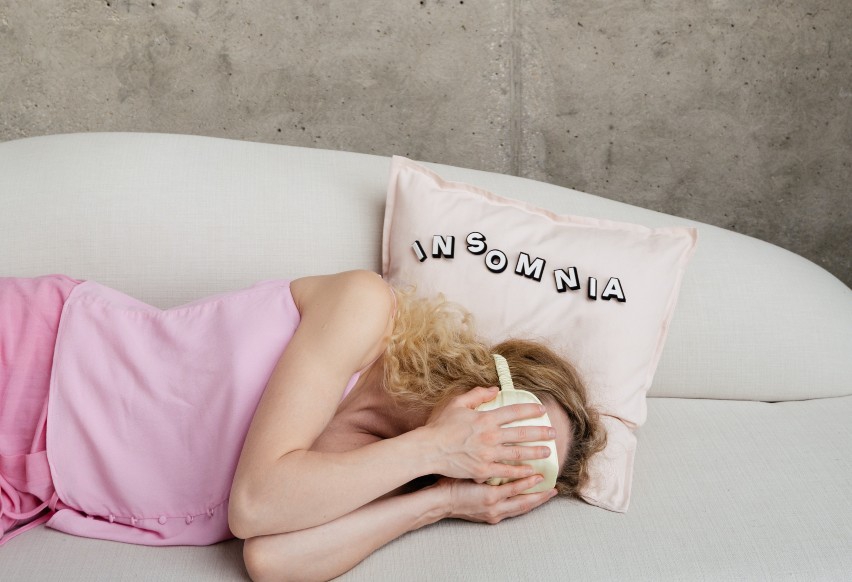INSOMNIA REMEDIES: HOW TO GET THE SLEEP THAT WE DESERVE
Changing lifestyle choices, however small, go a long way to fix insomnia.

Insomnia. We all have been there. Some perhaps experience it more than others. However, it might potentially become a severe problem if it always occurs.
The problems that lurk behind insomnia vary. Insomniacs are prone to depression and heart problems, not to mention weight gain and metabolic issues.
Those who have difficulty sleeping report higher levels of anxiety, depression, health anxiety, as well as worse impairment in physical and psychosocial functions than those who do not.
If you feel your insomnia has severely caused sleep deprivation, there are things you can do to eliminate it.

It all starts as small as a habit
It goes without saying that, to adopt a new habit, one shall take it one day at a time. You can start as simple as getting up at the same time every day to see the morning sunshine.
This may be difficult to implement at first — especially to non-early birds a.k.a night owls — but this habit will maintain your body clock and, soon enough, you might surprise yourself by falling asleep around the same time every night.
It's better not to go to bed if you don't feel tired as you will develop bad habits, like lying awake. However, you must also listen to your body. Don't ignore exhaustion and go to sleep when it's needed.
Dr. BJ Fogg, a behavioral scientist at Stanford, developed a method for developing new practices that he calls "tiny habits."
For instance, if you want to learn to floss, instead of starting with all of your teeth every day, you should only floss one tooth per day for a period of time. Over time, you will feel more compelled to floss more and eventually develop a complete habit. He successfully employs this in a variety of contexts, ranging from flossing teeth to losing weight and more.
Options of other treatments
Realizing that you struggle with sleep and applying small changes in your lifestyle make an important difference in life, albeit seemingly small. However, cognitive behavioral therapists offer a formula to address the majority of sleep-disturbing factors.
According to Brendan Street, Clinical Lead at Nuffield Health, the CBT formula for good sleep is sufficient to retrain your body and mind to sleep well.
"Whether you're a new parent, a shift worker, or feeling the effects of stress and anxiety, sleep is often one of the first things to suffer and it can have severe effects on your overall health," said Brendan.
There are two main interventions that cognitive behavior therapy employs to assist an individual in overcoming sleep difficulties, which are sleep hygiene and stimulus control.
Brendan added, "sleep hygiene is about forming good sleep habits and stimulus control works to strengthen the connection between the bed and sleep behavior."
Cognitive behavioral therapy for insomnia can help almost anyone who has trouble sleeping. People suffering from primary insomnia, as well as those suffering from physical issues such as chronic pain or mental health disorders such as depression and anxiety, can benefit from it.
Furthermore, the effects appear to be long-lasting, and there is no evidence that it has any adverse side effects.
If possible, you can also see a sleep therapist. Depending on your needs, they may advise you to take several methods.
Biofeedback teaches you how to adjust biological signs like heart rate and muscle tension by observing them. You may be instructed to bring home a biofeedback device to record your daily patterns. This data can be used to identify sleep-related patterns.

Meanwhile, sleep environment improvement offers ways to create a convenient sleeping setting, like keeping your bedroom quiet, dark, and cool, not having a TV in the bedroom, and replacing the clock.
On the other hand, stimulus control therapy aids in the removal of factors that condition your mind to resist sleep. Though it may seem daunting at first, the lasting results are worth it.
#THE S MEDIA #Media Milenial #insomnia #remedies #sleep #sleeping #sleep deprivation



























